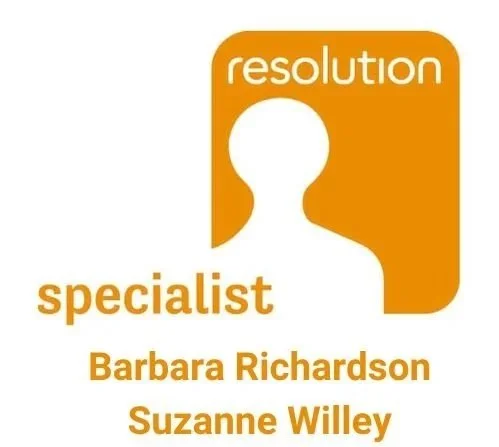When the question of what to do when a friend or family member dies arises, it is often one that we are wholly unprepared for. Fortunately, you will not need to deal with any money or property immediately, although there are some practical steps you must take within the first few days and weeks.
The following brief guide looks at the five main steps that will need to be taken following the death of a loved one.
1. Obtain a medical certificate
Unless there is a coroner’s inquest where the certificate will be issued after this, you will need to obtain a medical certificate showing the cause of death. In circumstances where the person died in hospital, the hospital will give you a certificate, but if the person has died at home, you will need to contact their GP.
The medical certificate will be provided free of charge.
2. Register the death
Having obtained a medical certificate, you will next need to register the death. This must be done within the first five days, including weekends and bank holidays (or eight days for Scotland). To register the death you will either need a medical certificate, as above, or permission from the coroner that you can register the death if the death was reported to the coroner.
There is no charge to register a death, although to obtain a certificate you will need to pay a small administration fee of £11 in England and Wales (£12 in Scotland). It is often advisable to obtain more than one certificate as you will need to inform various organisations about the death in due course, and in some cases you will need to simultaneously produce copies of the death certificate.
3. Arrange the funeral
Once you have registered the death, you can go on to arrange the funeral. Most people do this through a funeral director, although it is also possible to arrange the funeral yourself by contacting the Cemeteries and Crematorium Department of your local council.
When choosing a funeral director, it is advisable to opt for someone who is a member of either the National Association of Funeral Directors or The National Society of Allied and Independent Funeral Directors. These organisations must adhere to certain codes of practice, including providing you with a price list of their fees and any other disbursements on request.
In the event that you need to use money from the deceased’s estate to pay for the funeral, in many cases you will need to apply for a ‘grant of representation’ to access any savings. Alternatively, you may be entitled to a Funeral Expenses Payment from the government if you are in receipt of certain benefits and have difficulty paying for the funeral, although this will be deducted from any money you later receive from the deceased’s estate.
4. Notify different organisations
You will need to notify various government departments and other organisations of the death. This could include, for example, HMRC for tax purposes, the DWP for pension and benefit purposes, and the local council for council tax purposes and to update the electoral register.
You may be able to use the “Tell Us Once” service at gov.uk to inform all relevant government agencies at the same time when someone dies, although this must be done within 28 days. If the service is available in your area, you will be given a unique reference number by the registrar when you register the death.
You will also need to return the deceased’s passport to HM Passport Office and any driving licence to DVLA, as well as notifying any insurers, creditors and other financial institutions. The online Death Notification Service is a free service that allows you to notify a number of banks and building societies of a person's death at the same time.
5. Obtain a grant of representation
Applying for the legal right to deal with someone’s estate when they die is called ‘a grant of representation’. However, there are two different types, namely, a grant of probate and letters of administration.
In circumstances where the deceased left a will, the executors of the will must apply for a ‘grant of probate’, whereas if the person died without leaving a will, the next of kin can apply for ‘letters of administration’. Either grant of representation will allow you to settle any debts, taxes, funeral expenses and administration costs. The grant will also allow you to collect in and distribute any money, property and personal possessions that belonged to the deceased.
In some cases, you may not need a grant of representation, for example, where the person who died only had a small amount of savings, or if they held only jointly owned land, property, shares or money, where these will automatically pass to the surviving owners. However, you will need to contact any relevant financial institutions individually to ascertain if a grant of representation is needed to access any funds, as every organisation has its own rules.
To apply for either type of grant of representation in England and Wales you will need to complete and send form PA1 to the Probate Registry. That said, you may prefer to appoint a legal advisor to help you to do this, and to provide you with expert advice on administering the deceased’s estate, not least where the estate is potentially subject to inheritance tax.
Legal disclaimer
The matters contained herein are intended to be for general information purposes only. This blog does not constitute legal advice, nor is it a complete or authoritative statement of the law and should not be treated as such.
Whilst every effort is made to ensure that the information is correct, no warranty, express or implied, is given as to its accuracy and no liability is accepted for any error or omission. Before acting on any of the information contained herein, expert legal advice should be sought.










